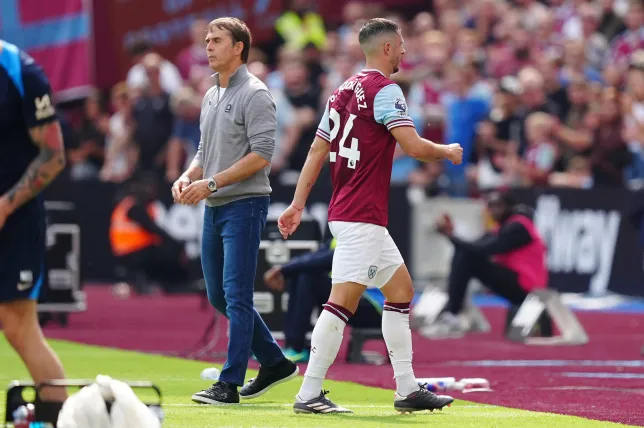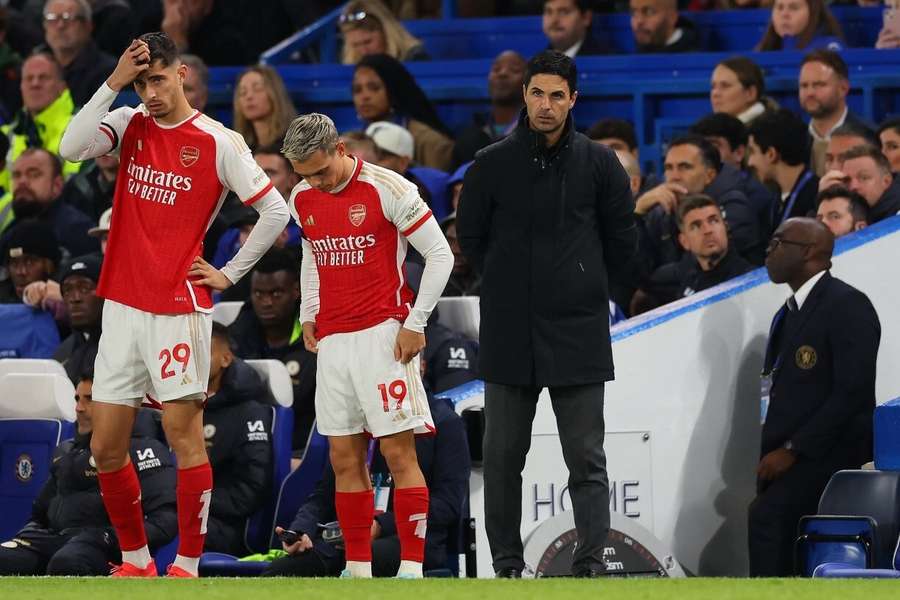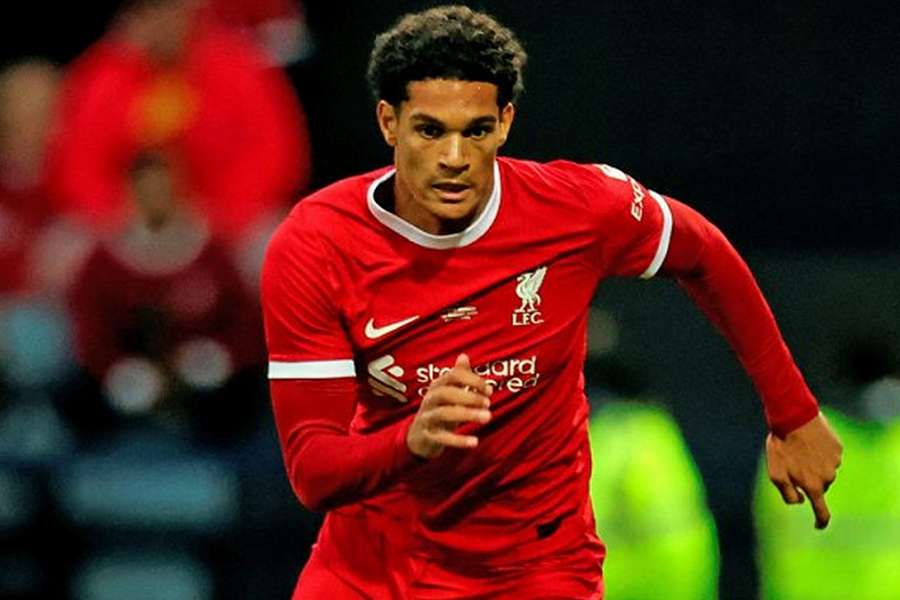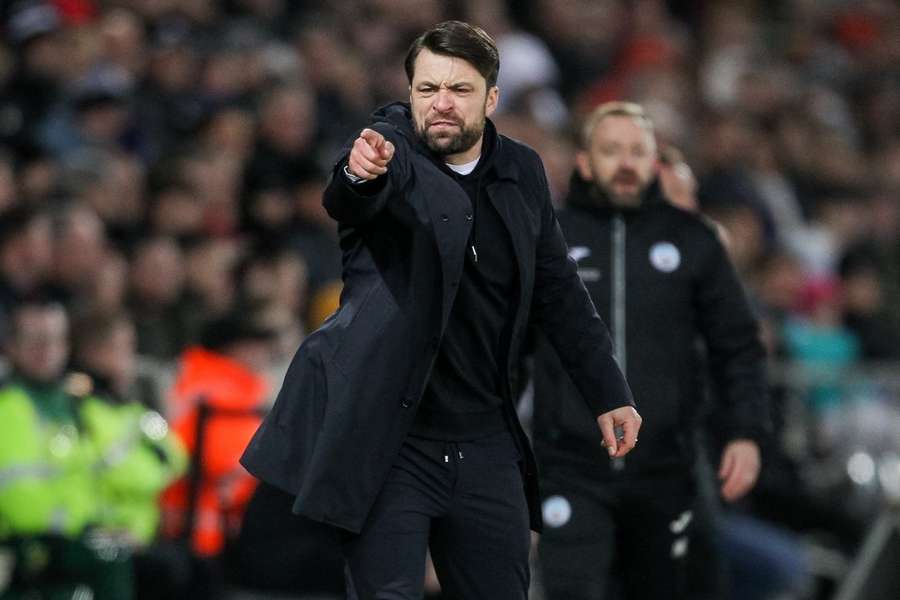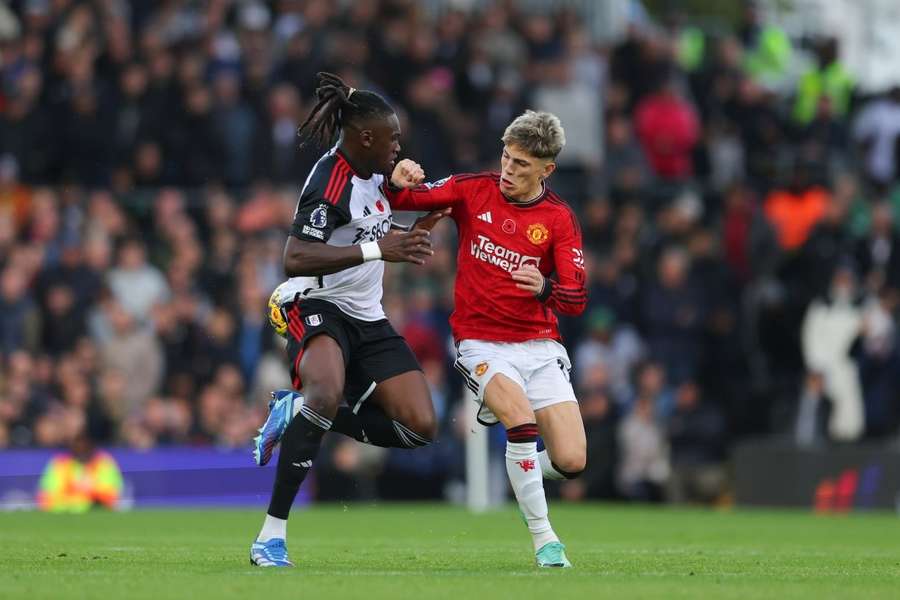Sven-Goran Eriksson passes away at 76: Former England and Lazio coach loses battle with cancer
Sven-Goran Eriksson, the former England manager, has passed away at the age of 76.
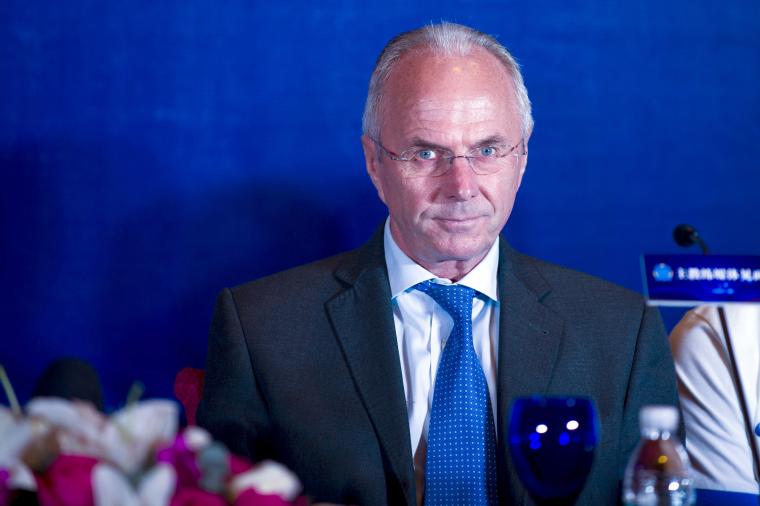
A press release confirmed he had passed away peacefully surrounded by his family on August 26, 204.
He had been diagnosed with terminal cancer and said earlier in the year that doctors had told him he had likely less than 12 months to live. In an Amazon Prime documentary covering the final months of his life, Eriksson said: “I hope you remember me as a positive guy trying to do everything he could do. Don’t be sorry. Smile.
“Thank you for everything, coaches, players, the crowds, it’s been fantastic. Take care of yourself, and take care of your life. And live it.”
Swedish coach Eriksson was the first foreigner to manage England, leading the Three Lions to the quarterfinals of the FIFA World Cup in 2002 and 2006, and at Euro 2004.
"I have to fight it as long as possible," Eriksson told Swedish Radio P1, explaining that he had been diagnosed "almost one year ago", having suddenly collapsed a day after taking a five-kilometre run.
"I know that in the best case it’s about a year, in the worst case even less. Or in the best case, I suppose even longer. I don't think the doctors I have can be totally sure; they can't put a day on it."
Eriksson, who left his role with England after the 2006 finals, stood down as sporting director at Swedish third-tier club Karlstad in February 2023 because of health issues.
"I live a totally normal life," he told BBC World Service's Sporting Witness. "I'm not in hospital. I go now and then for a visit but I live at home and I have friends here. Christmas and New Year, the whole family were here — a lot of people.
"I'm going out to try to exercise as much as possible, which is less than it was one year ago. But I have a normal life.
"When you get a [diagnosis] like that, you appreciate every day and you are happy when you wake up in the morning and you feel OK, so that's what I'm doing."
MORE: Franz Beckenbauer's trophies
Eriksson told the Swedish outlet of his determination not to dwell excessively on his situation. "You have to trick your brain," he said.
"I could go around thinking about that all the time and sit at home and be miserable and think I'm unlucky and so on. It's easy to end up in that position. But no: see the positive sides of things and don't bury yourself in setbacks, because this is the biggest setback of them all, of course."

Borne in the locality of Sunne, Eriksen had a modest playing career as a right-back in the Swedish lower divisions, starting with more than 100 appearances for nearby club Torsby IF.
His managerial career would become much more high-profile but it began at Degerfors, where Eriksson was assistant to the coach who would be his right-hand man with England, Tord Grip.
Eriksson took over following Grip's departure to become Sweden manager, guiding Degerfors to the playoffs in 1977 and 1978 and winning promotion to the second tier of Swedish football in the latter of those campaigns.
A move to a top-division club followed in the form of Goteborg, with whom the highlight of Eriksson's successful three years as manager was a 4-0 aggregate win over Hamburg in the final of the 1981/82 UEFA Cup, now the Europa League. Goteborg remain the only club from a Nordic country to have won a major UEFA competition.
MORE: Premier League records: Most points, goals, appearances
Eriksson's first top-flight titles came at Portuguese giants Benfica, who appointed him in 1989 and reached the UEFA Cup final in 1982/83. He then moved to Italy for the first time, guiding Roma to the 1985/86 Coppa Italia and taking charge of Fiorentina from 1987-1989.
A second spell at Benfica produced another Primeira Liga triumph and a run to the final of the European Cup, now known as the Champions League, in 1989/90, reigning champions AC Milan beating Eriksson's side 1-0.
Eriksson won the Coppa Italia again after joining Serie A club Sampdoria in 1992, and his greatest success in Italy subsequently arrived at Lazio, where he won the title in 1999/2000, as well as the Cup Winners' Cup, the Supercoppa Italiana and Coppa Italia twice, and the UEFA Super Cup.
England came calling in 2001, Eriksson taking over following Kevin Keegan's resignation and remaining in post until 2006. A year later, he took over at Manchester City and, after initially looking in contention for a title challenge, the Cityzens finished ninth, including a double over city rivals Manchester United.
Everyone at Manchester City is thinking of Sven-Göran Eriksson, and we wish to express our collective support to our former Manager, and his family and friends, during this time pic.twitter.com/MUGJOkIdt5
— Manchester City (@ManCity) January 11, 2024Now into his 60s, Eriksson remained hugely respected in the game and popular with fans but could not recapture his earlier successes.
He led a somewhat nomadic later career including spells in charge of Mexico and Ivory Coast, as well as attempting to help Leicester City win promotion from the Championship, serving as Director of Football at League Two club Notts County and spending four years in China with Guangzhou R&F, Shanghai SIPG and Shenzhen.
He returned to international football with the Philippines in October 2018, managing the side on their Asian Cup debut during his three-month tenure.
Sven-Goran Eriksson trophies as manager
TeamYearsTrophiesDegerfors1977-78Division Three (1978)Goteborg1979-82Swedish Cup (1978–79, 1981/82)Benfica1982-84Primeira Liga (1982/83, 1983/84), Taca de Portugal (1982/83)Roma1984-87Coppa Italia (1985/86)Fiorentina1987-89—Benfica1989-92Primeira Liga (1990/91), Supertaca Candido de Oliveira (1989)Sampdoria1992-97Coppa Italia (1993/94)Lazio1997-2001Serie A (1999/2000), Coppa Italia (1997/98, 1999/2000), Supercoppa Italiana (1998, 2000), Cup Winners' Cup (1998/99), Super Cup (1999)England2001-06—Man City2007-08—Mexico2008-09—Ivory Coast2010—Leicester2010-11—Guangzhou2013-14—Shanghai2014-16—Shenzhen2016-17—Philippines2018-19—Sven-Goran Eriksson England recordEriksson's appointment led to ample debate around hiring a non-English coach and he remains one of only two overseas managers to have held the position, along with Fabio Capello from 2008-2012.
His softly spoken, philosophical charm was seen as unusual off the pitch, while on the pitch he had the responsibility of taking charge of a group of players who many felt represented England's best ever squad, including the likes of Ashley Cole, Rio Ferdinand, David Beckham, Paul Scholes, Steven Gerrard, Frank Lampard, Michael Owen and Wayne Rooney.
His conservative tactics drew criticism but a 5-1 win in Germany on the way to qualification for the 2002 World Cup remains part of England folklore, the result and performance against opponents who had frequently been their nemesis making the prospect of Eriksson's team fulfilling their huge potential seem closer than ever.
Eriksson could not improve England's poor record in the knockout stage of tournaments, though, overseeing a 2-1 defeat to Brazil in Japan in 2002 and exits on penalties to Portugal at Euro 2004 and the 2006 World Cup.
The FA and Eriksson announced in January 2006 that he would leave the position after that year's finals — two years before the end of his contract.
RELATED STORIES
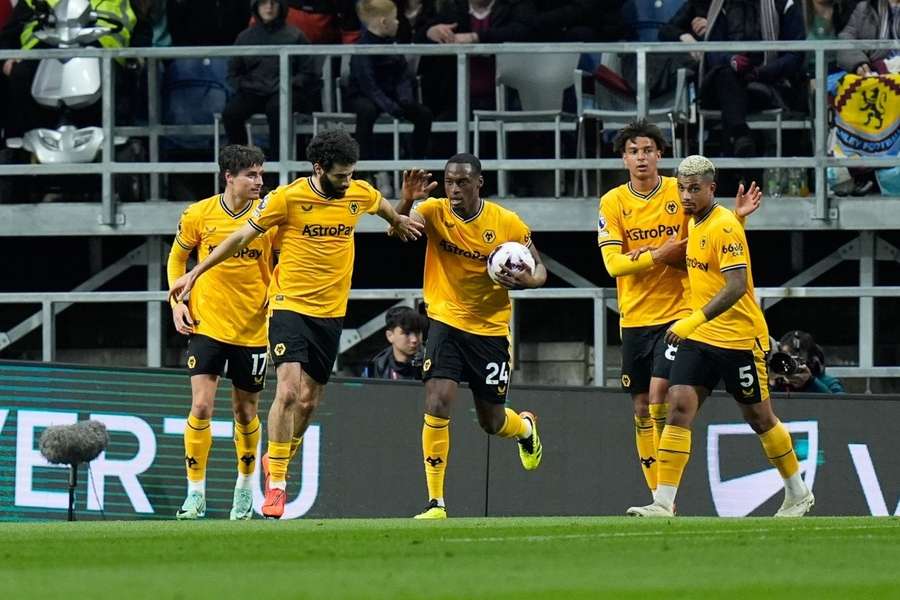

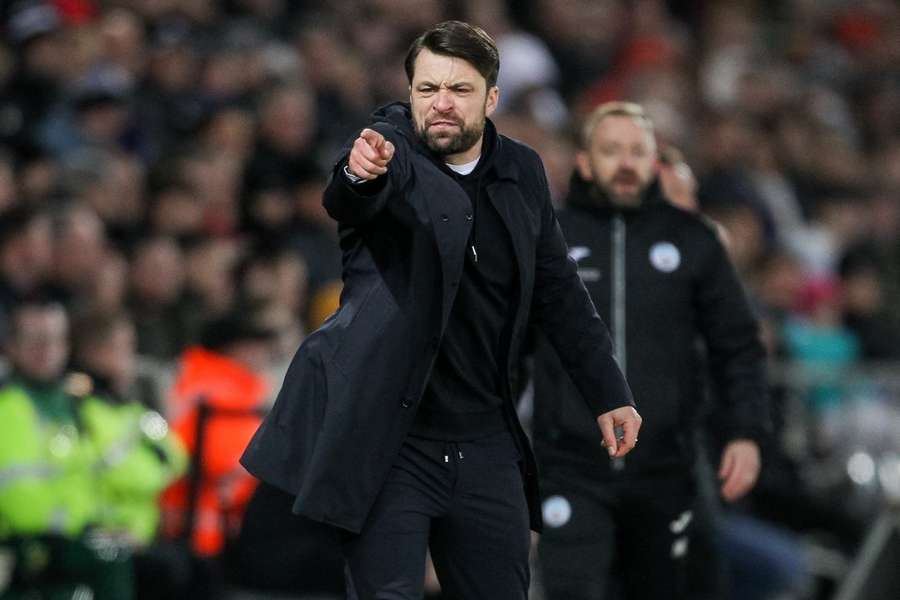
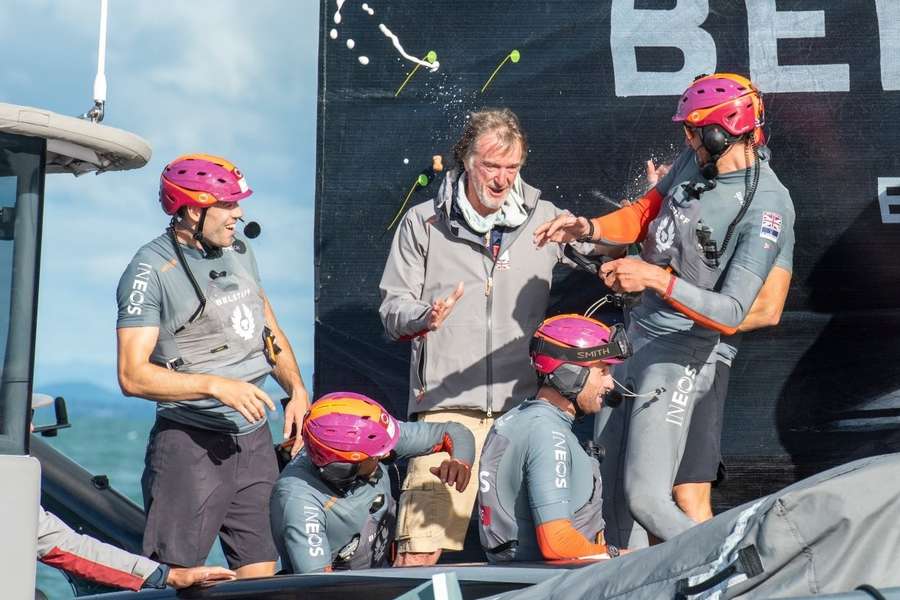

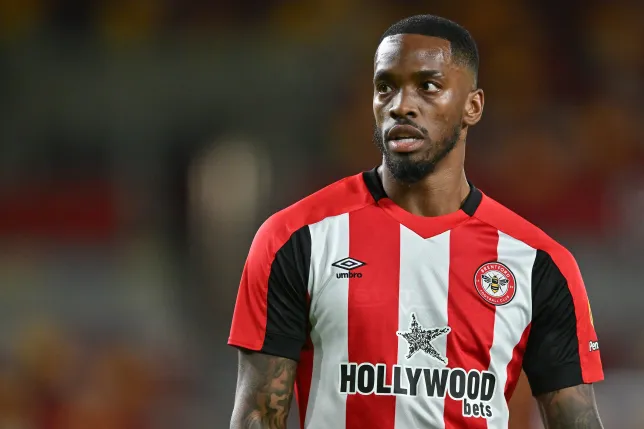
LATEST NEWS


